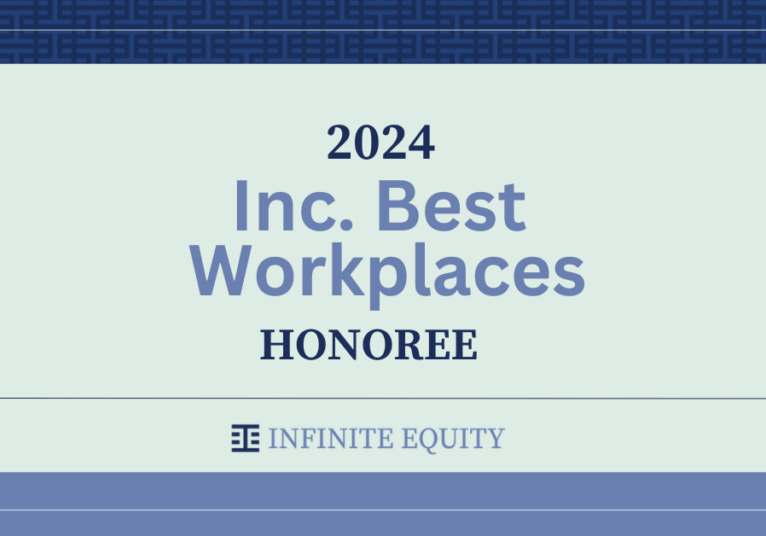Introduction
The COVID-19 pandemic has forced many companies to furlough workers and contemplate permanent layoffs, and has also driven share prices down. Consequently, companies are discussing ways to retain and motivate key executives by modifying performance awards or granting additional equity to reflect the current environment. But what about everyone in between, the “rank-and-file” employees that are diligently working from home while moonlighting as nannies and home-school teachers? Companies would do well to remember and recognize the plight of the typical worker who is now battling stress and ennui in these uncertain times.
Paths Forward
- Do Nothing…but Communicate: Employees that still have a job and steady income likely realize they have it better than many. However, they probably also have a thousand questions: Is my job secure long-term? Will the company make it through these tough times? When will my work life return to normal, if ever? These questions are difficult to answer, and sometimes the answers will be tough to hear, but employees need to know that their worries are being acknowledged. Town-hall style meetings and additional resources to address concerns and questions go a long way towards keeping employee engagement as high as possible. Even when times are good, regular communication surrounding employee equity has been shown to boost appreciation for outstanding equity and increase overall engagement.
- Cashless Participation for ESPP: Cash flow is a top priority for many families now, and the idea of investing in the future can take a backseat to making sure mortgage payments get made on time. The 5% or 15% that employees were contributing towards an ESPP may get reallocated to more pressing areas. However, companies can allow employees to have the best of both worlds by offering Cashless Participation™. Cashless Participation is a truly innovative idea by Carver Edison that allows employees to acquire company stock through an ESPP with minimal out-of-pocket contributions. Companies also benefit with an influx of cash from the additional shares purchased, which can be critical during this period.
- Share-Matching Programs: When awarding RSUs, companies often grant only to key executives or take an Oprah Winfrey-style “everybody gets some!” approach. The former leaves many employees in the cold, while the latter is expensive and dilutive. However, there is a middle ground in the form of share-matching programs. These programs allow employees to contribute funds to buy shares (under a potential “buy-low” scenario), while company matches these shares to provide extra value and align employee value with shareholder value. Even very generous share-matching programs (e.g., 33% to 50% match) are comparable in cost to certain qualified ESPPs and are great alternatives for companies that cannot commit to a full broad-based RSU grant. Vesting or holding requirements can be placed on matching shares to ensure the program supports long-term ownership objective.
- Broad-Based Performance Plan: Everyone is looking forward to a return to normalcy, but one of the biggest annoyances is a lack of clarity surrounding where exactly the finish line sits. Companies can address this by creating a finish line of their own. Broad-based performance awards based on a benchmark that can be hit post-pandemic will incentivize everyone to pull towards a common goal and allow everyone to “pop the champagne” at the same time.
Conclusion
Times are tough for companies and retaining executives is important. But recognizing, rewarding, and communicating with the broader employee population may be more important still. Humanity towards human capital will pay off in the short-term and the long-term.



